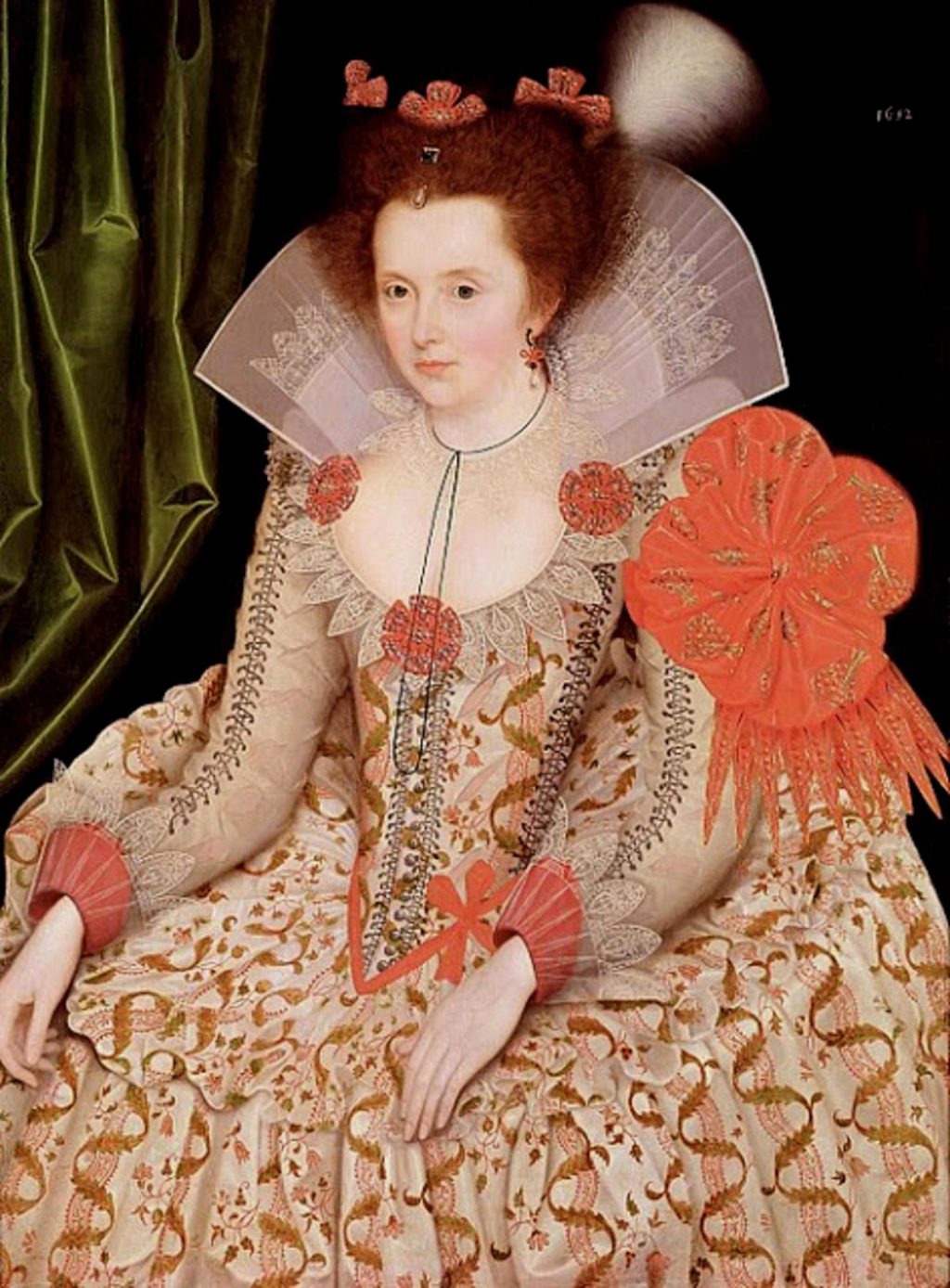Many of our favorite folk tales have lost much of their original Gothic horror in later versions. By contrast, Daniel Kehlmann’s retelling of the legend of Ulenspiegel, moved to the 17th century, is full of nightmares. Worse than imaginary fears awaiting travelers in the forest are real ones: hunger, cold, war, plague, torture ‘more refined and dreadful than anything the great painters of the inferno had dreamed’. These descriptions invite comparisons with Charles de Coster’s famous 1867 novel; but if in the latter the hero fights for freedom, here he juggles many things, sometimes literally. Tyll the folklore character becomes an itinerant entertainer and court jester able to provoke and amuse, using his fool’s license to the full.
Historical events — the Reformation and its consequences, the Gunpowder Plot, the Thirty Years’ War — underpin the narrative, which includes the story of Elizabeth Stuart, Queen of Bohemia, with flashbacks to her girlhood in England. Meanwhile, life in Europe is taking its course: soldiers killing, rulers bargaining, marauders raping children, scholars looking for dragons.
From a young age, life doesn’t treat Tyll kindly: a night he spends alone in the forest ends in a blood-curdling scene. Soon his father Claus, eager to ‘snatch knowledge wherever it can be found’, is accused of witchcraft for his love of books, pentagrams, incantations; he keeps looking for answers to universal questions even as he eats the hangman’s meal, feeling sated for the first time. Men in the novel rarely make good fighters, whereas women — Tyll’s mother, his soulmate Nele, Elizabeth — are stronger, always hitting back.
German of that era is a language not yet suitable for poetry, still ‘awkward, a boiling brew’. Proving what a powerful potion it has since become, the narrative moves from myth to historical novel to ballad and back, and Ross Benjamin’s translation follows it faithfully. While in Shakespearean England theatre flourishes, in Germany it’s merely some ‘pitiful players’ roaming the land. Yet Tyll is able to capture the imagination of his audience: ‘And all of us, looking up, suddenly understood what lightness was…what life could be like for someone who really did whatever he wanted, who believed in nothing and obeyed no one.’ Who is Tyll: a devil personified, a slick prankster or a great artist? These personas emerge when you read the story, as taut as the rope on which Tyll walks, ‘wondrously high up, over peaks and clouds’.
This article was originally published in The Spectator’s UK magazine. Subscribe to the US edition here.

















